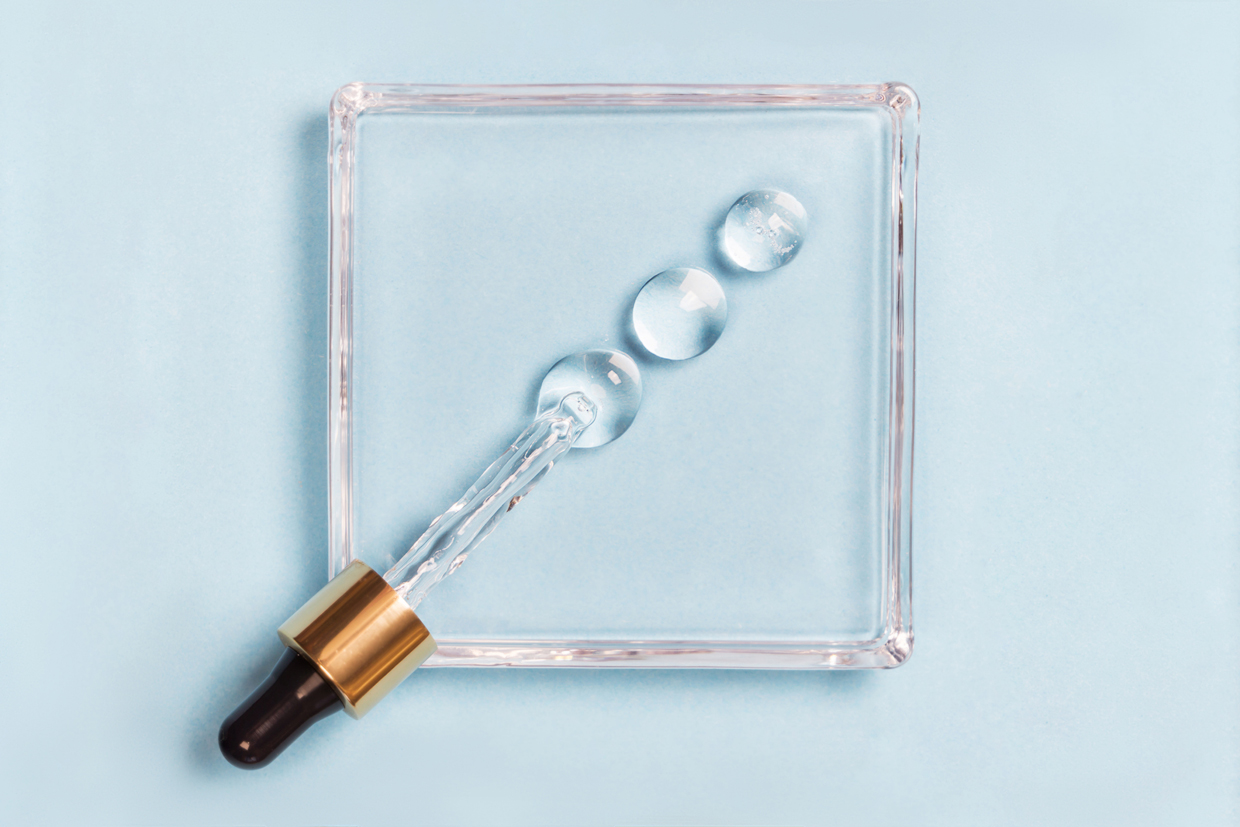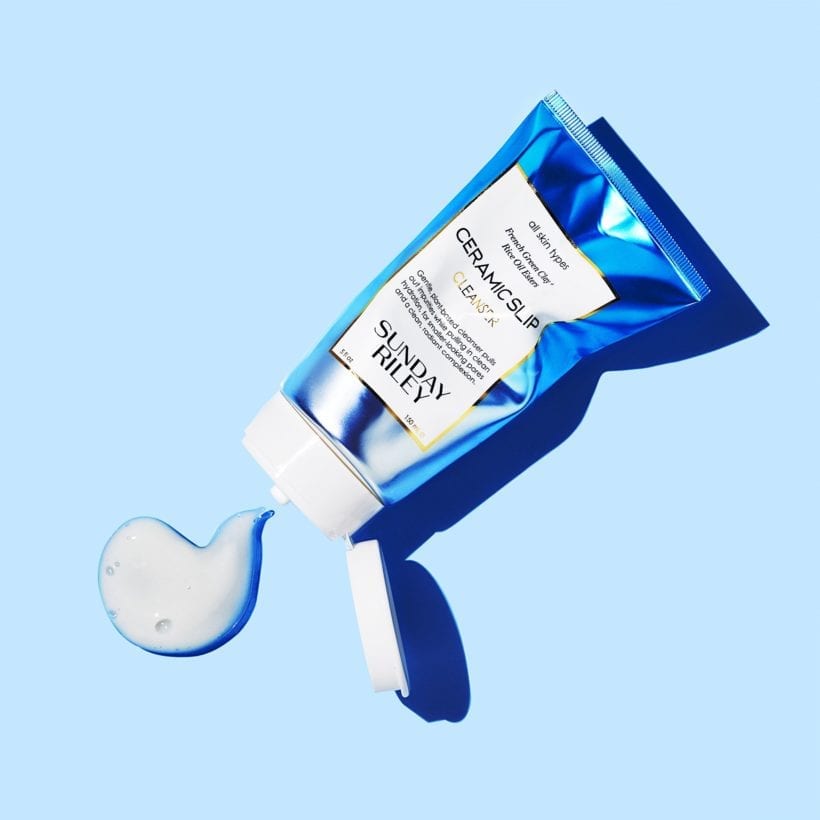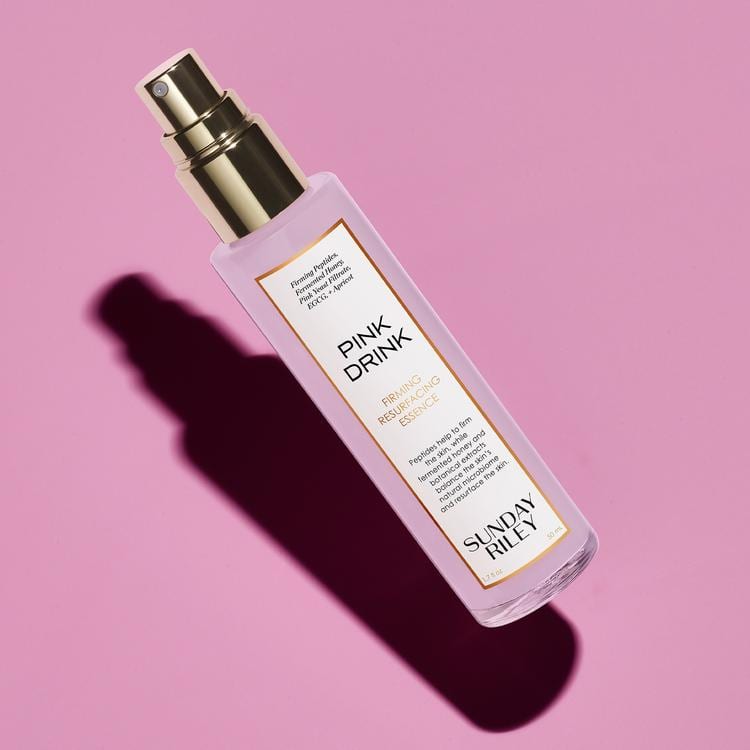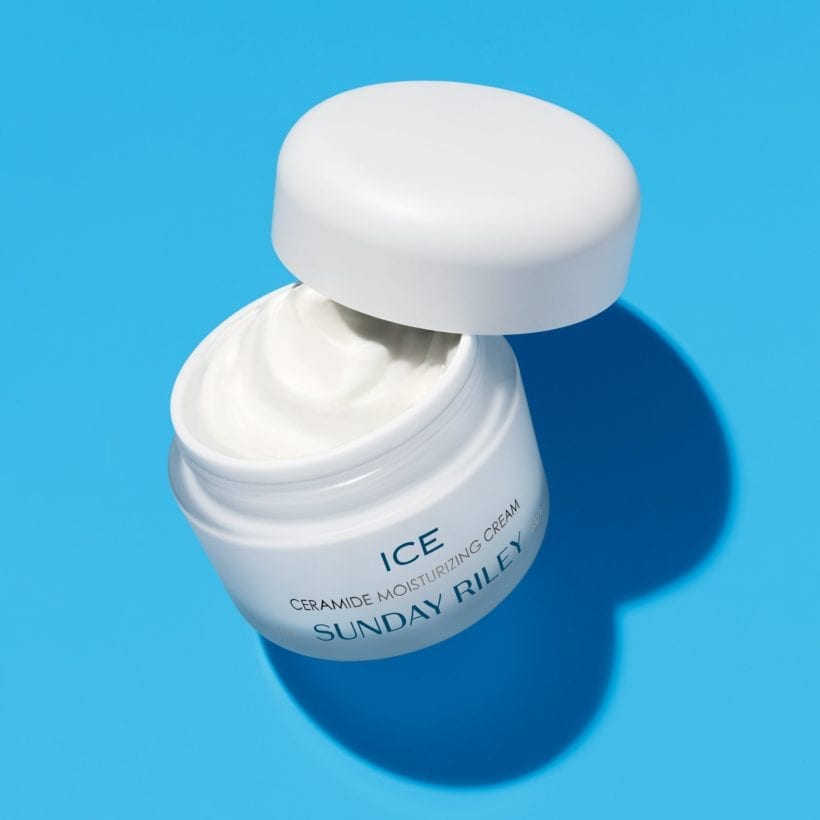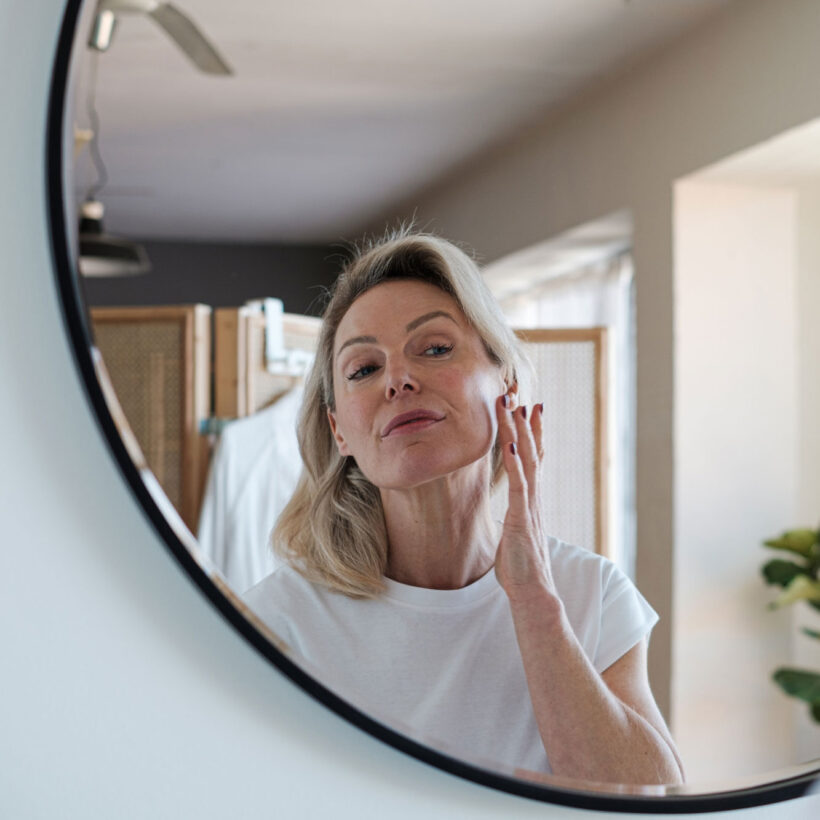Many of us can relate to the struggles of dealing with dry, dehydrated skin, especially during the winter months when the outside air is stripped of humidity and our indoor heaters are cranking the dry air up to the next level. So if you find yourself feeling dry, flaky, tight, scaly and even itchy, you’re far from alone.
Dry skin not only means that there is a lack of moisture in your skin, but also that your skin may be more vulnerable to the elements, explains Kate Roach, esthetician and manager of Vendor Partnerships at Woodhouse Day Spas. “If your skin is lacking moisture, it can cause the different layers of your skin to not function properly and can also make it difficult for your skin to protect you properly and effectively from dirt and other harmful elements,” she says. “Additionally, you could become prone to show signs of fine lines and wrinkles, causing your skin to look dull and unhealthy.”

Luckily, there are plenty of things you can do in your skincare routine to properly monitor your hydration levels. However, contrary to popular belief moisturizing alone may not be enough to keep your skin supple and at optimal health. “Different steps within our routine may include hydrating components that will help make skin feel and look smoother, softer and healthier,” says Roach.
Here, estheticians share the lowdown on everything you should be doing if you’re ready to kick dry skin to the curb and embrace year-round hydration.
Wash with Lukewarm Water
On a cold, winter day, few things might feel more comforting and refreshing than washing your face with hot water, however, doing so dries out the skin. “Hot water strips the skin of necessary moisture that it needs to function properly,” warns Suyud Issa, esthetician and the co-founder of Skin Care Talk. Cold water is not the best alternative either, since it doesn’t effectively remove the grime on the skin. “Lukewarm water preserves the skin’s natural oils while loosening skin grime,” Issa adds.
Avoid Products with Alcohol
It can be hard to translate what’s actually in the skincare products you’re using since the ingredients list can be quite long and full of hard-to-pronounce chemicals. As a rule of thumb, try to avoid any product that contains ingredients ending in -yl, like cetyl, stearyl, and cetearyl, as these are types of alcohols and can be quite dehydrating and irritative on the skin. In addition to using an alcohol-free cleanser that’s creamy or foamy textured, like Sunday Riley Ceramic Slip Cleanser, Manhattan-based esthetician, Ildi Pekar, recommends a toner, that is skin-balancing and has anti-inflammatory and antibacterial properties.
Limit Exfoliation to 2-3 Times per Week
Exfoliating can work wonders on your skin, preventing clogged pores, improving skin texture and boosting the effectiveness of other products in your skincare regimen, per the American Academy of Dermatology Association (AAD). However, it is possible to over-exfoliate. “Over-exfoliating strips the skin of its natural oils, which can make the skin too dry and aggravated and may leave the skin in a worse condition,” says Pekar. Read our expert recommendations for soothing over-exfoliated skin here.
Drink More Water
Seeing as the skin is an organ in your body — not to mention your body’s largest one! — it only makes sense that to keep it hydrated, you have to be drinking enough water. While water recommendations vary, the U.S. National Academies of Sciences, Engineering, and Medicine suggests that women drink 11.5 cups per day and men drink 15.5 cups each day. This can be tricky to achieve if you’re not used to drinking this much, but you can try your best to drink at least two cups of water every two hours to stay on track.
Slather on Sunscreen
Even on cold, cloudy winter days, the sun’s harmful UVA and UVB rays can penetrate through and damage the skin barrier, dehydrate the skin, cause it to lose moisture, and break down its collagen and elastin, explains Issa. To prevent UVA and UVB skin damage, she recommends applying a broad-spectrum sunscreen like Sunday Riley Skincare Sunday Riley Light Hearted Sunscreen to your face and neck each morning regardless of the weather.
Use a Humidifier
Especially during the winter months, the air in our environment becomes increasingly dry both indoors and outdoors. You might notice that the higher your heat cranks up in the winter, the dryer your skin becomes. To combat this, Dawn Turner, medical esthetician and co-founder of PRIORI Skincare recommends using a humidifier. “This device adds extra humidity by reintroducing moisture back into the air to rehydrate the outermost layer of skin called the Stratum Corneum,” she says. She recommends placing a humidifier in the room where you spend most of your time — i.e. your bedroom or living room.
We only recommend products we have independently researched, tested, and loved. If you purchase a product found through our links, Sunday Edit may earn an affiliate commission.
